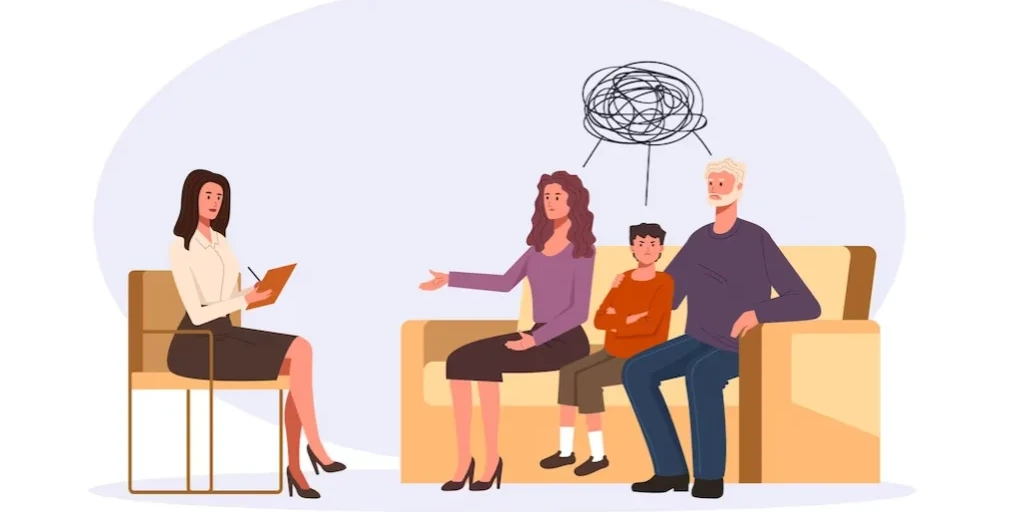24/7 Helpline:
(866) 899-221924/7 Helpline:
(866) 899-2219
Learn more about Eating Disorder Treatment centers in Ackerman

Other Insurance Options

Multiplan

Health Net

Premera

Regence

AllWell

ComPsych

MVP Healthcare

MHNNet Behavioral Health

Optum

BHS | Behavioral Health Systems

Humana

Anthem

Providence

United Health Care

Coventry Health Care

CareFirst

Holman Group

Amerigroup

Molina Healthcare

Sutter

Community Counseling Services
Community Counseling Services is a private rehab located in Ackerman, Mississippi. Community Counsel...


























